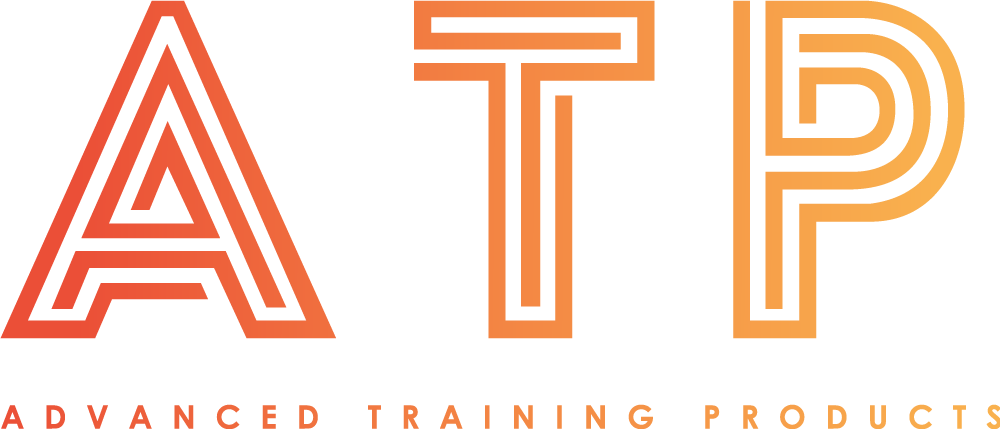White Papers and Press Releases
At Advanced Training Products, we're committed to empowering organizations with the knowledge and tools they need to create safer, healthier workplaces. Our thought leadership resources provide valuable insights into a range of topics, including:
- Total Worker Health® initiatives
- Workplace impairment prevention
- Reasonable suspicion protocols
- Cannabis legalization and its impact on the workplace
Stay informed and stay ahead with our expert analysis and actionable advice.
Keep up with the latest industry news through our press releases below.
Understanding the Risks of Impairment: Empowering a Culture of Safety and Well-being
Workplace impairment, encompassing physical, mental, or behavioral conditions that diminish an individual's ability to function safely and effectively, poses a significant challenge for organizations. Beyond the immediate safety concerns and potential legal liabilities, workplace impairment also disrupts floor efficiency, hinders workflow management, and creates cultural and interpersonal challenges. This whitepaper aims to educate employees about the potential consequences of impairment, fostering a culture of awareness and accountability for maintaining a safe and healthy work environment.
Ignoring this issue not only puts employee safety at risk, but also threatens a company's bottom line. Investing in a structured impairment evaluation program is an investment in safety, productivity, and ultimately, the long-term success of your business.
Understanding the risks of workplace impairment is crucial for preventing incidents, minimizing legal liabilities, and promoting a culture of safety and well-being. By educating employees, fostering open communication, and establishing clear policies, organizations can empower their workforce to make informed decisions, seek help when needed, and contribute to a safe and healthy work environment.
Certain states like New Jersey have established the role of the Workplace Impairment Recognition Expert ("WIRE") to help address these issues. Advanced Training Products offers an innovative solution: WIRE Certified Training™ - Equip your leaders to identify concerns, empower employees to prioritize well-being, and simplify assessments - all within a platform built for accountability. Witness engagement soar, operational risks shrink, and your business ascend. Invest in your people today, ignite success tomorrow. Contact Advanced Training Products and watch your team rise!
Safety Risks Associated with Impairment
Impairment fuels accidents: impaired judgment, slowed reactions, shaky hands. Risk injuries, fatalities. Invest in a safer workforce. This can lead to:
- Operational errors and equipment malfunction: Impaired workers create greater risk, make more mistakes, accidents, and lost profits.
- Increased risk of falls, trips, and slips: Impaired balance, coordination, and reaction times can significantly increase the risk of falls, trips, and slips, resulting in injuries ranging from minor sprains to severe fractures or concussions.
- Impaired decision-making and hazardous behaviors: Impairment can cloud judgment and lead to risky behaviors, such as driving under the influence, operating machinery while impaired, or engaging in unsafe work practices.
Legal Liabilities and Financial Implications
Organizations face significant legal liabilities and financial implications arising from workplace impairment incidents. These include:
- Workers' compensation claims: Employees injured due to workplace impairment, including those caused by their own impairment or that of a coworker, are eligible to file workers' compensation claims, leading to significant financial costs for employers.
- Increased insurance premiums: A history of workplace impairment incidents can lead to higher insurance premiums for the organization, adding to operating expenses and straining financial resources.
- Legal action and lawsuits: Impairment risks lawsuits, injuries, and reputational damage, costing millions.
Fostering a Culture of Awareness and Accountability
Creating a culture of awareness and accountability for maintaining a safe and healthy work environment is essential for mitigating the risks of impairment.
- Educate employees about impairment: Provide comprehensive training to educate employees about the different types of impairment, their potential signs and symptoms, and the associated risks.
- Promote open communication and support: Encourage open dialogue about impairment concerns, emphasizing that seeking help is a sign of strength and not weakness.
- Establish clear policies and procedures: Develop clear policies and procedures for reporting impairment concerns, ensuring confidentiality and respect for privacy.
- Provide employee assistance programs: Offer employee assistance programs that provide confidential counseling, support services, and resources for addressing impairment-related issues.
- Encourage a healthy work-life balance: Promote a culture that values work-life balance and encourages healthy habits, such as proper sleep, nutrition, and stress management.
Works Cited
Impairment at Work: Policy and Recognition. (2022, June 6). Retrieved December 2023, from Canadian Centre for Occupational Health and Safety: https://www.ccohs.ca/oshanswers/hsprograms/impairment/impairment.html
Murphy, E. (2023, October 21). Drugs and Alcohol in the Workplace. Retrieved December 2023, from Recovered: https://recovered.org/addiction/drugs-and-alcohol-in-the-workplace

